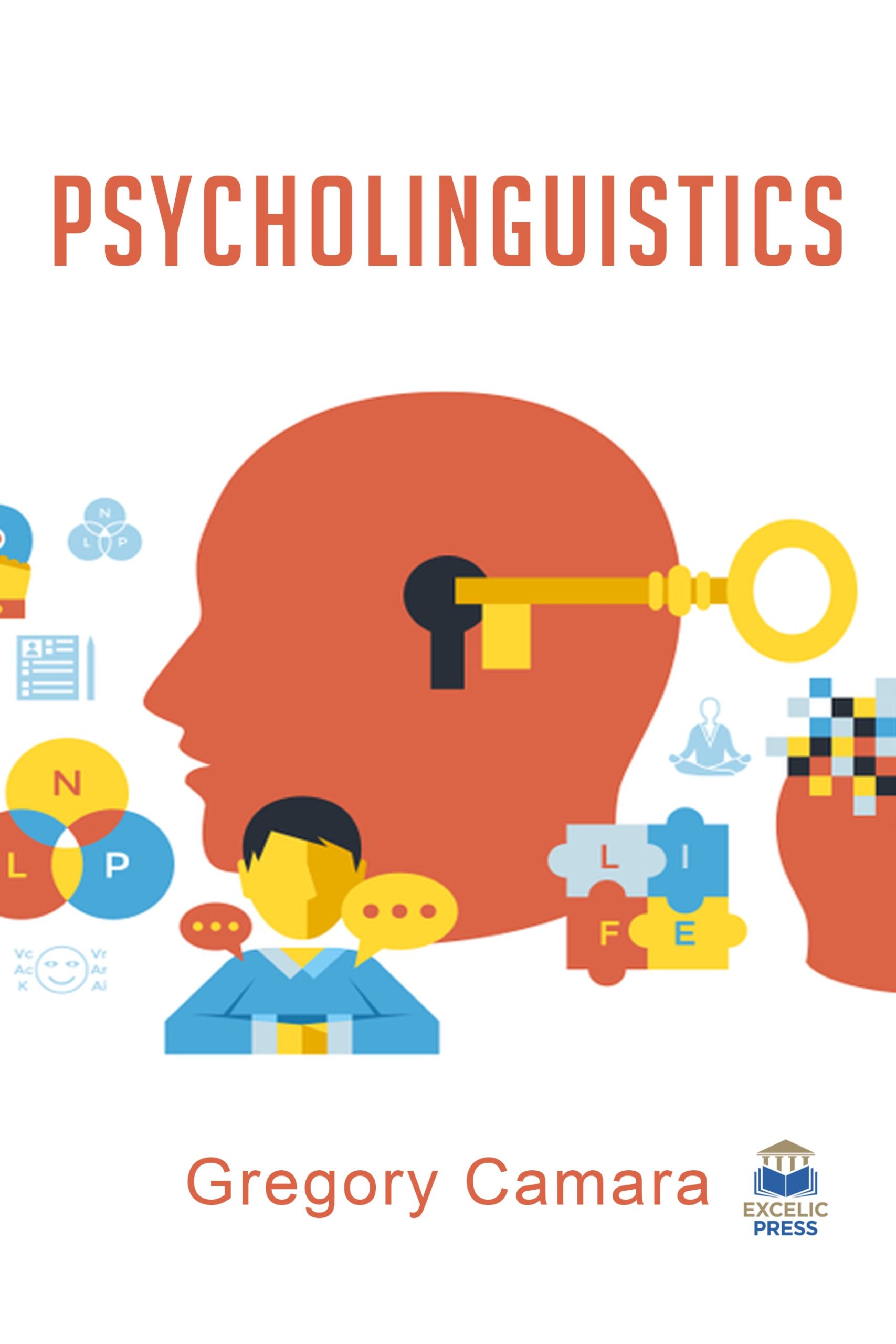Recent years have seen a small but growing body of psycholinguistic research focused on typologically diverse languages. This represents an important development for the field, where theorizing is still largely guided by the often implicit assumption of universality. Psycholinguistics is part of the field of cognitive science, and is the study of how individuals comprehend, produce and acquire language.
Psycholinguists are also interested in the social rules involved in language use, and the brain mechanisms associated with language. Phonetics and phonology are concerned with the study of speech sounds within psycholinguistics, research focus is on how the brain process and understand that sounds.
This book introduces the topic of cross-linguistic and field-based approaches to the study of psycholinguistics. The current state of our understanding of language learning and processing, the available experimental and analytical techniques used to gain evidence in these areas, and future directions in research will be discussed. The studies in this book draw on data from a variety of genetically and a really divergent languages, to address questions in the production and comprehension of phonology, morphology, words, and sentences. It provides a comprehensive overview of the field of cross-linguistic psycholinguistics, from its early beginnings to the present day, highlighting instances where cross-linguistic data have significantly contributed to psycholinguistic theorizing.
Addressing a rapidly growing interest in language research, this hands-on text provides students and researchers with the means to understand and use current methods in psycholinguistics.

